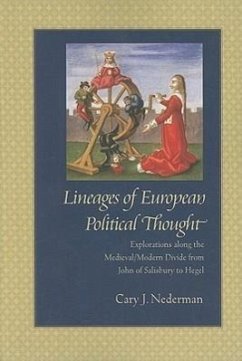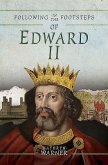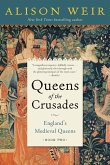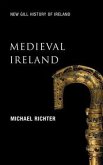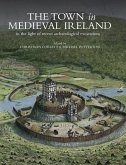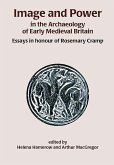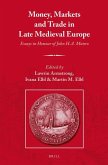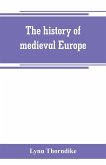This book examines some of the salient historiographical and conceptual issues that animate current scholarly debates about the nature of the medieval contribution to modern Western political ideas. On the one hand, scholars who subscribe to the Baron thesis concerning civic humanism have asserted that the break between medieval and modern modes of political thinking formed an unbridgeable chasm associated with the development of an entirely new framework at the dawn of the Florentine Renaissance. Others have challenged this hypothesis, replacing it with another extreme: an unbroken continuity in the intellectual terrain between the twelfth and the seventeenth centuries (or later). The present book seeks to qualify both of these positions. Cary J. Nederman argues for a more nuanced historiography of intellectual continuity and change that depends upon analyzing a host of contextual as well as philosophical factors to account for the emergence of the European tradition of political theory in the medieval and early modern periods. He finds that categories such as medieval and modern can and should be usefully deployed, yet always with the understanding that they are provisional and potentially fluid.

